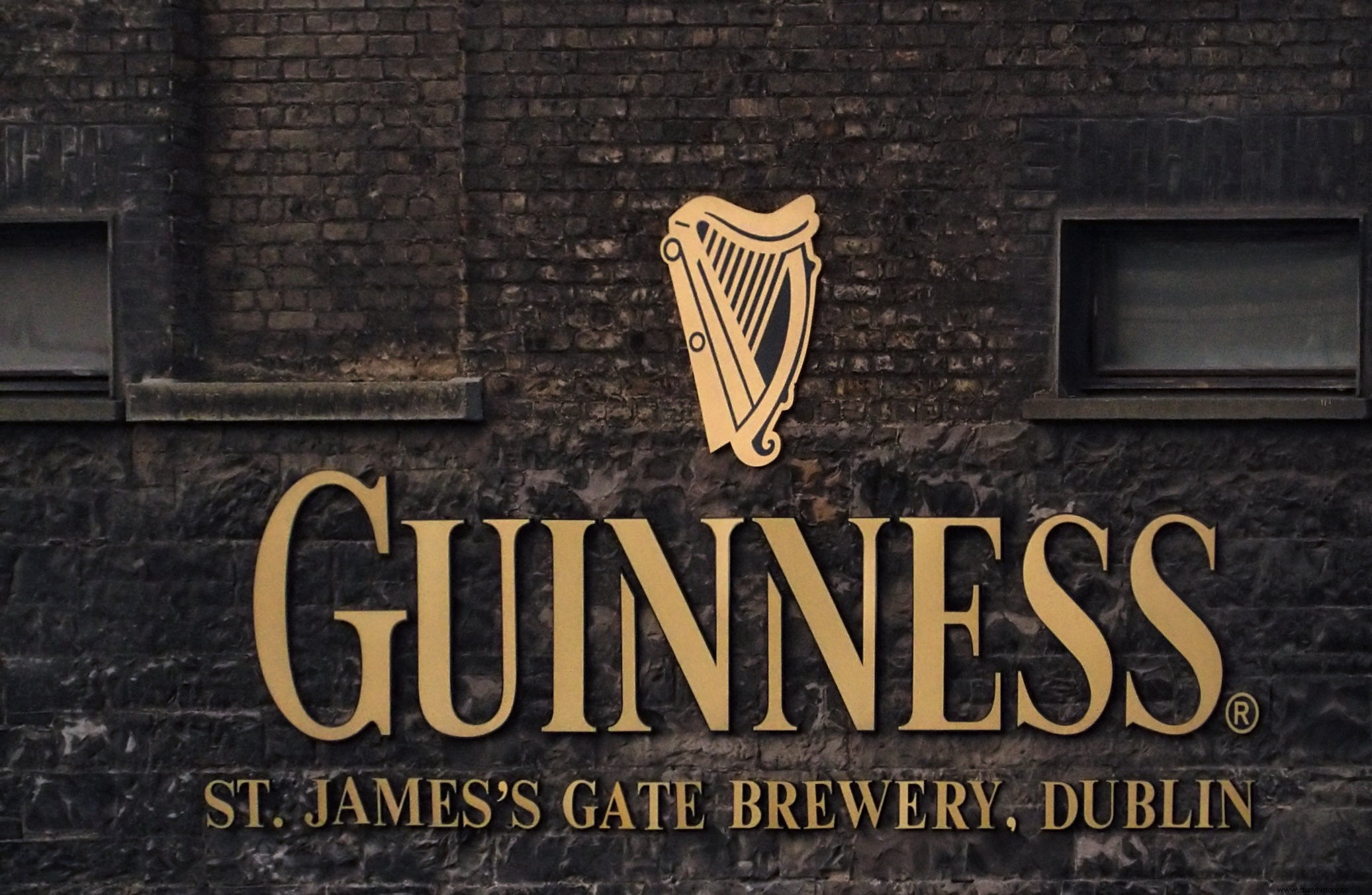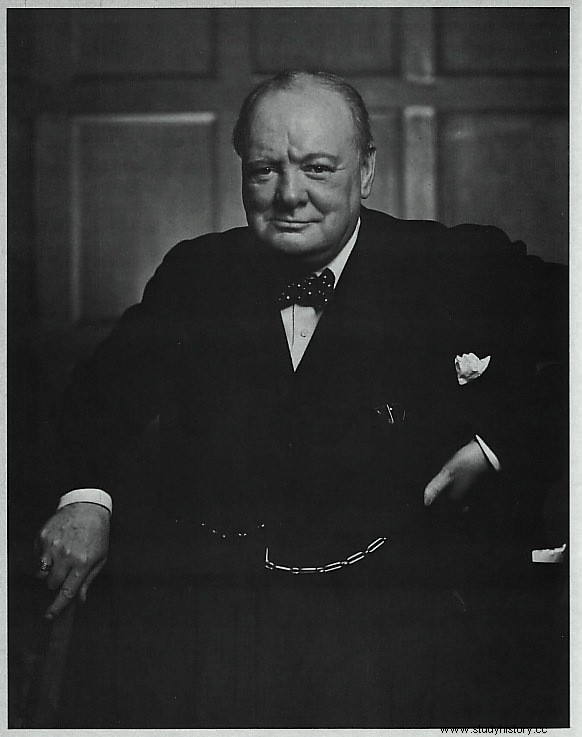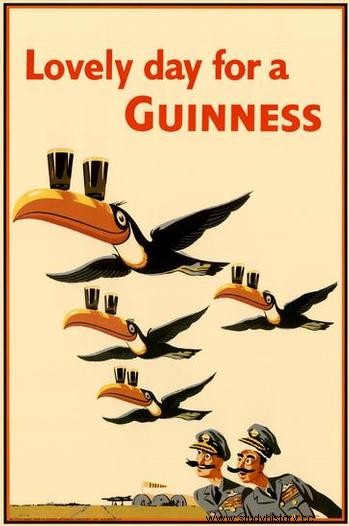To the well-known benefits of moderate beer consumption, today we are going to add that of being responsible for Ireland being able to maintain its neutrality during World War II.
Arthur Guinness , founder of Guinness beer in Dublin (Ireland) in 1759, he was an atypical businessman for the time -even he would be today-. In addition to worrying that his business was profitable, he was also concerned about the well-being of his workers and the neediest in society:he founded charitable organizations, built social housing for the poorest... His heirs maintained the founder's policy:all workers who fought in the First World War got their jobs back when they returned home and, during this time, their families received half the usual salary of these workers; At the end of the 1920s, their salary was 20% higher than the competition, they had scholarships for their children's education, they had medical expenses covered... something like Uncle Google's workers today. During World War II, Guinness promised all British soldiers that they would have a bottle of its stout on Christmas Day. Even retired workers volunteered at factories to help fulfill that promise.

In 1939, at the outbreak of World War II, Prime Minister Eamon De Valera declared the neutrality of Ireland. We did not like that decision in London and it provoked the anger of Winston Churchill , at that time First Lord of the Admiralty. In spite of everything, Ireland maintained its political independence and nothing could be done from London... or so De Valera believed. In 1940, and already as Prime Minister, Churchill begins his master move to force Ireland to break its neutrality and be able to use the strategic Irish ports.

His macabre plan was to strangle the Irish economy, with few natural resources and dangerously dependent on British supplies. To do this, Churchill ordered to cut off supplies of fertilizers, gasoline, coal... and even grain. The Irish economy collapsed and famine began to set in among its inhabitants. In 1941 the situation in Ireland was desperate and De Valera was already beginning to consider giving in to Churchill's claims, when Guinness appeared on the scene. . In March 1942, in an effort to preserve breadgrain, the Irish government imposed restrictions and banned the export of beer. Something that in theory had little or no effect on Churchill's plan took a 180º turn when the British troops began to protest the shortage of Guinness (there were even street riots in Belfast). In order to keep the morale of the soldiers high, the British government returned to supplying grain to maintain beer exports. De Valera understood that the Guinness it was his trump card to recover supplies and his economy. Shortly after, they again prohibited the export, alleging that it did not have enough coal to continue producing. The British supplied coal again. Little by little, and maintaining this pattern of exchange, Ireland managed to recover its supplies, its economy and remain neutral... despite Churchill .

Sources:IrishCentral, IrishAmerica, Drink like a man
